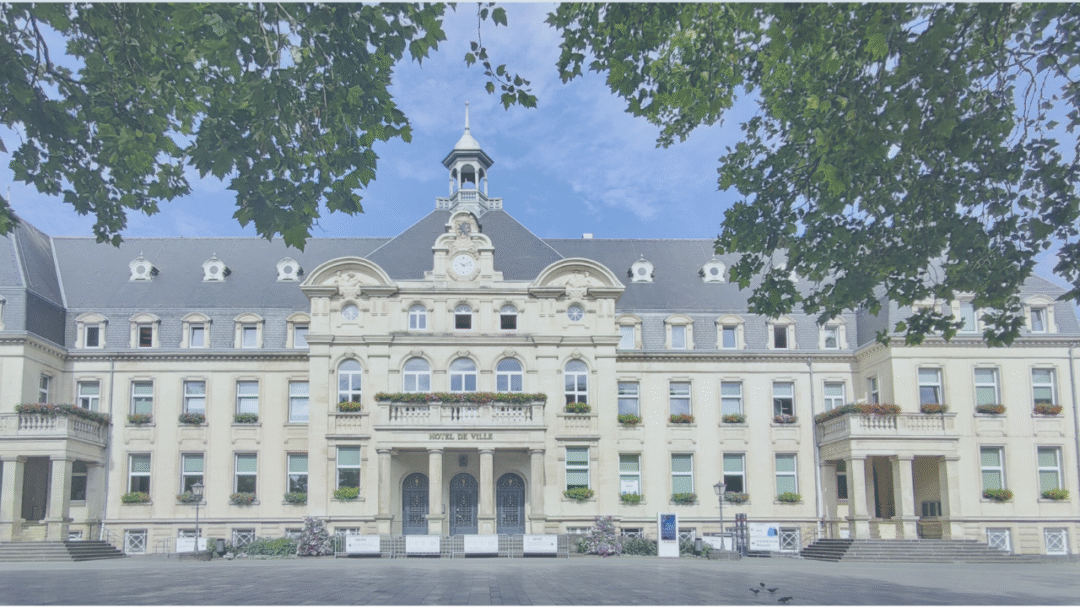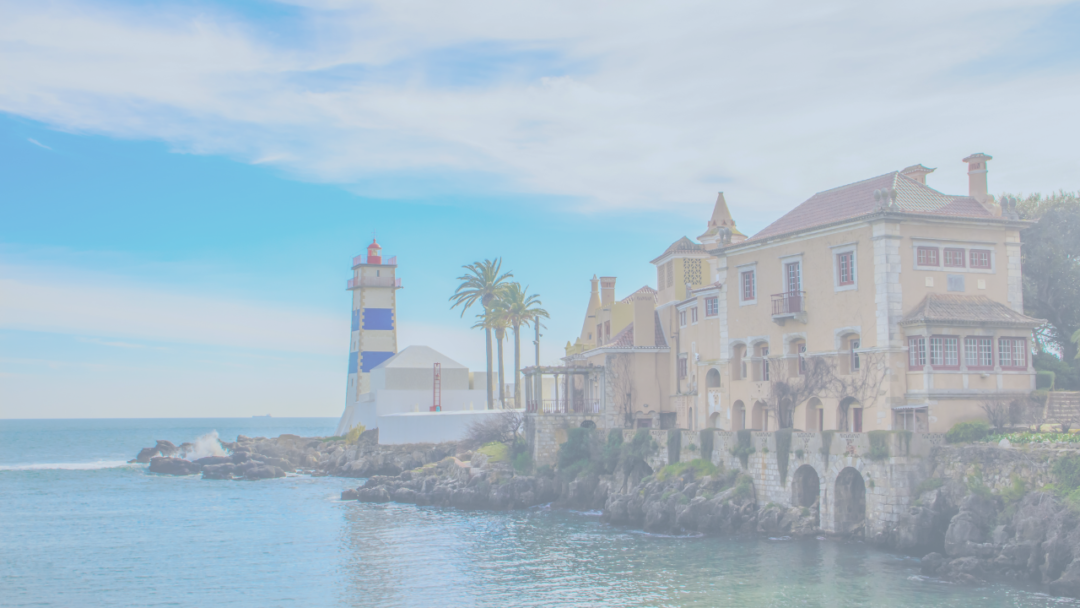General Information:
| Population: 111,455 (2021) |
| Country: France |
| Official Website |
The City and Efus
- Member since 2000

| Population: 111,455 (2021) |
| Country: France |
| Official Website |
The City and Efus

General Information: Population: 486,492 (2023) Country: Polska Official Website The City and Efus

General Information: Population: 22,203 (2025) Country: Luxembourg/Lëtzebuerg/Groussherzogtum Lëtzebuerg Official Website The City and Efus

General Information: Population: 474,617 (2024) Country: España Official Website The City and Efus

General Information: Population: 214,158 (2021) Country: República Portuguesa Official Website The City and Efus